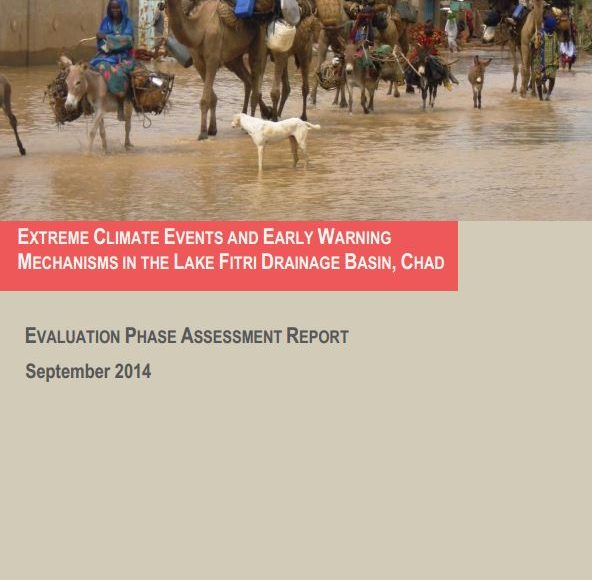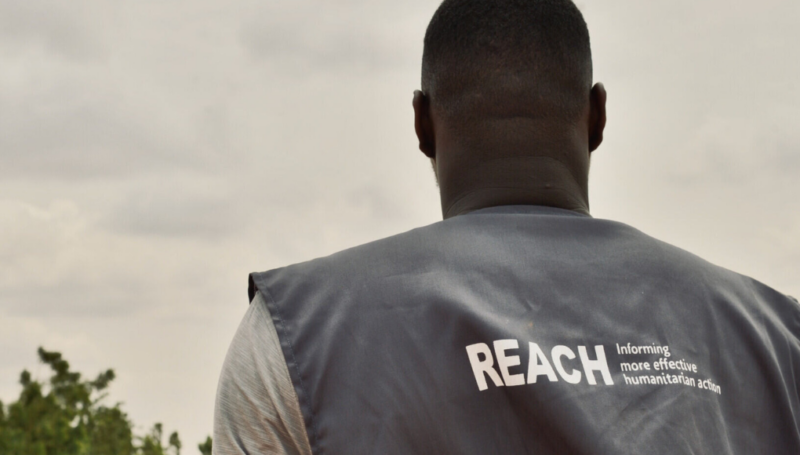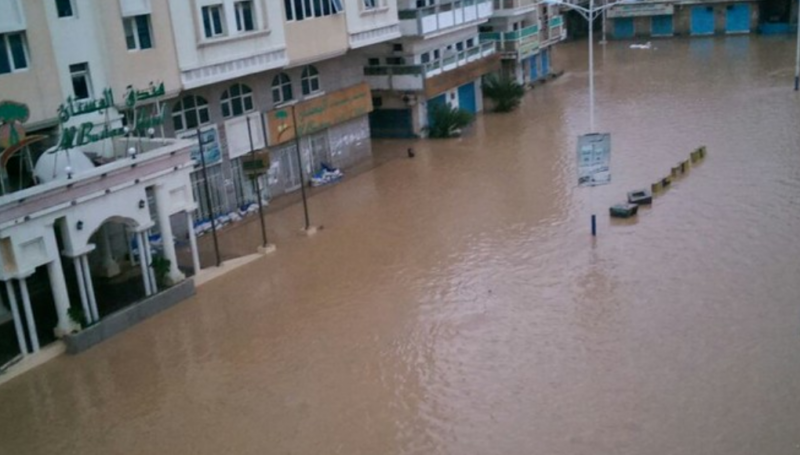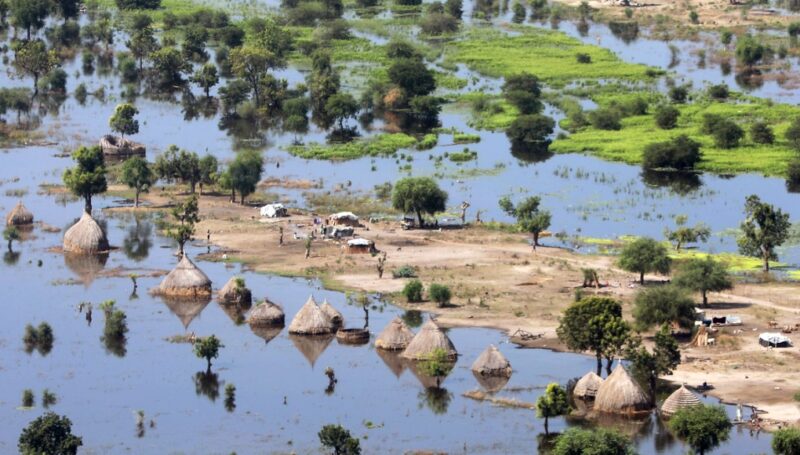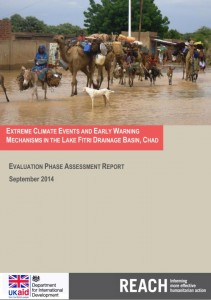 The Lake Fitri Drainage basin in Eastern Chad is home almost two million people, whose lives are affected by floods and droughts every year. In an area already affected by conflict and rebellion, these extreme weather events are severely impacting the resilience of the local communities. The BRACED project, funded by the UK Department for International Development, DfID, seeks to strengthen people’s capacity to respond to flooding and drought in the Sahel belt, but significant information gaps exist about reality of climatic extremes and coping mechanisms in this area.
The Lake Fitri Drainage basin in Eastern Chad is home almost two million people, whose lives are affected by floods and droughts every year. In an area already affected by conflict and rebellion, these extreme weather events are severely impacting the resilience of the local communities. The BRACED project, funded by the UK Department for International Development, DfID, seeks to strengthen people’s capacity to respond to flooding and drought in the Sahel belt, but significant information gaps exist about reality of climatic extremes and coping mechanisms in this area.
REACH conducted an assessment of the impact of floods and droughts in the Lake Fitri area, in partnership with ACTED and Chora, a Chadian NGO. The project examined the capacity of local authorities to monitor and effectively respond to climatic shocks, as well as the coping strategies of local communities. By gaining a better understanding of how communities are currently responding to floods and droughts and identifying areas that need improvement, the report contributes to the aims of the BRACED project: to strengthen the capacity of at least 335, 000 people living along river banks in the Chadian Sahelian belt to better withstand flooding and drought.
Using the findings of this report, under the remit of the BRACED project, ACTED and its partners aim to address these gaps and assist in building people’s capacity to respond to these crises at both the national, regional and local levels.
The final report is available here: Extreme Climate Events and Early Warning Mechanisms in the Lake Filtri Drainage Basin, Chad, September 2014





